15 zero waste budgeting tips for sustainable homes
Are you looking to make your home more sustainable while saving money? These zero waste budgeting tips for sustainable homes show you how small changes can cut costs, shrink your carbon footprint, and create a healthier space. Unlike generic advice, these strategies focus on long‑term savings and eco impact.
1. Audit Your Waste and Calculate Hidden Costs
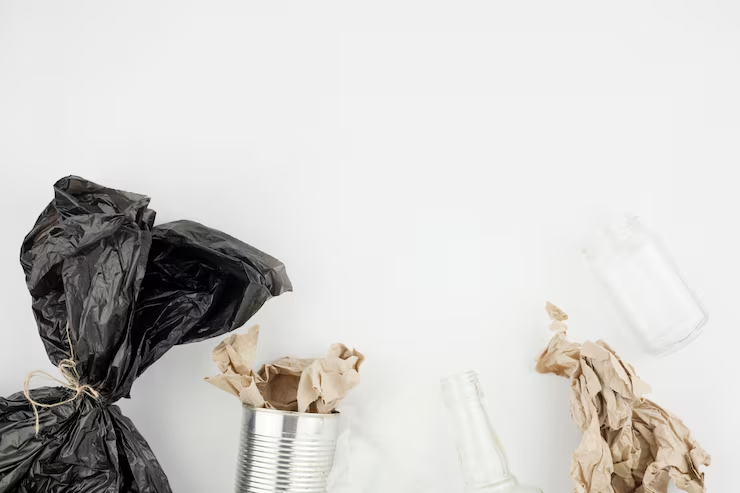
Most people underestimate how much single-use packaging and impulse buys cost over time. Start by keeping a transparent bin or large jar where you place non-recyclable items for a week. Then, list which items are repeating offenders like snack wrappers, plastic water bottles, or disposable wipes. Compare the weekly cost of buying these items to reusable alternatives. This simple exercise is the foundation of zero waste budgeting tips for sustainable homes because it uncovers hidden spending patterns that are easy to fix.
2. Meal Plan and Batch Cook to Avoid Food Waste
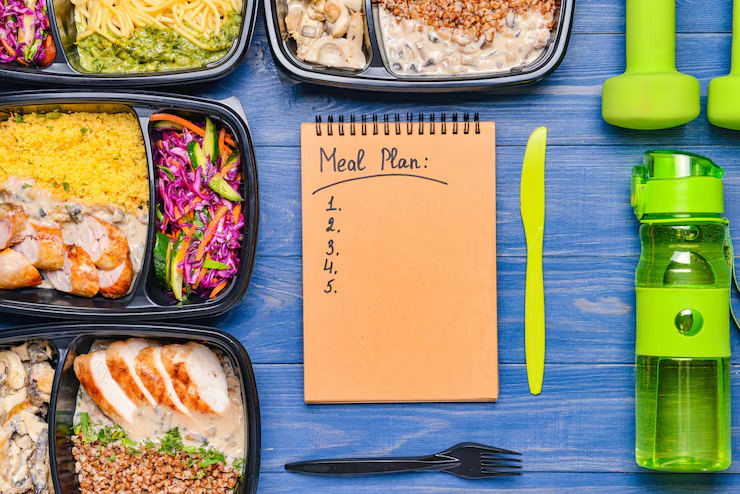
Food waste is one of the most expensive forms of household waste. Begin by planning 3–4 core meals for the week, using overlapping ingredients like rice, beans, and seasonal vegetables. Prepare larger batches and store leftovers in glass containers or freezer-safe bags. You’ll buy less, cook less often, and waste far less food. This method is a cornerstone of zero waste budgeting tips for sustainable homes because it reduces both trash output and grocery bills.
3. Compost Kitchen Scraps and Save on Gardening
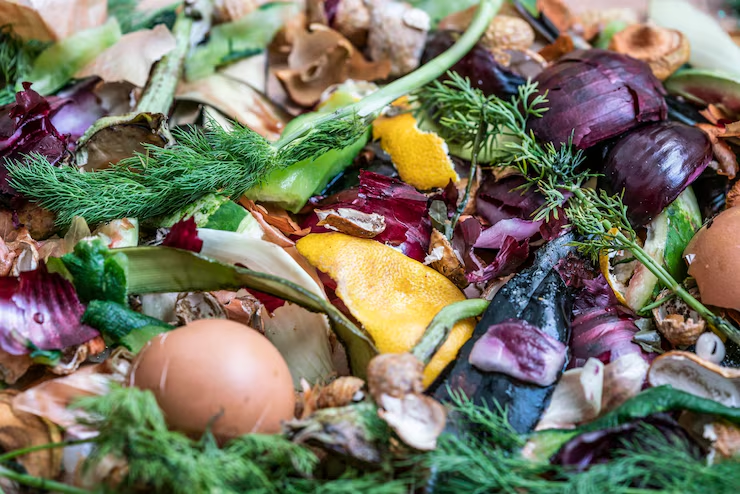
Instead of sending food scraps to the landfill, turn them into free garden gold. You can start a simple compost bin in a shaded backyard corner or use a small kitchen-friendly compost pail with a charcoal filter. If you garden, the compost will replace store-bought fertilizers, saving you money season after season. Even if you don’t garden, many cities now have compost swap programs where your scraps can earn discounts on produce or soil. This eco loop perfectly aligns with zero waste budgeting tips for sustainable homes.
4. Switch to Refillable Cleaning Supplies
Cleaning products are a quiet budget drainer due to single-use bottles and brand markups. Invest once in durable spray bottles and a few core concentrates like castile soap or multi-surface cleaner tabs. Refilling cuts packaging waste and lowers the cost per cleaning session by up to 70%. Local refillery shops or online subscription services make it easy. This swap is one of the most practical zero waste budgeting tips for sustainable homes because it’s both immediate and repeatable.
5. Make Your Own Cleaning and Personal Care Products

With simple pantry staples like vinegar, lemon, and baking soda, you can make multi-use cleaners, deodorants, and scrubs at home. A gallon of homemade all-purpose cleaner can cost less than $1, compared to $5–$8 for commercial versions. DIY toothpaste or dry shampoo also reduces packaging waste and chemical exposure. Adding small habits like this is a classic zero waste budgeting tip for sustainable homes, and it’s satisfying to know exactly what’s in your products.
6. Buy Secondhand and Prioritize Multi-Use Items
Before buying new, check thrift stores, online marketplaces, or community swap events. A sturdy secondhand blender or bookshelf can cost 70% less than new. Focus on multi-use items, like a cast iron skillet that works for stovetop and oven, or a multipurpose vacuum with attachments. Buying this way is a natural part of zero waste budgeting tips for sustainable homes because it extends product life and avoids landfill contribution.
7. Repair, Repurpose, and Upcycle Before Replacing
Learning basic repair skills pays off fast. A small sewing kit can extend the life of clothes for years, and YouTube tutorials make furniture fixes approachable. Repurpose glass jars as pantry storage or candle holders, and cut old T-shirts into cleaning rags instead of buying paper towels. Every repair is a mini victory for zero waste budgeting tips for sustainable homes because saving money often looks like saving resources.
8. Invest in Durable Essentials for Long-Term Savings
While it may feel frugal to buy cheap items, replacing them repeatedly is costly. Instead, invest in high-quality basics: stainless steel water bottles, bamboo utensils, or a reliable cast iron pot. These items last decades and prevent disposable culture spending. The upfront cost pays off over years and fulfills the core of zero waste budgeting tips for sustainable homes by combining frugality with longevity.
9. Minimize Utility Waste: Energy and Water
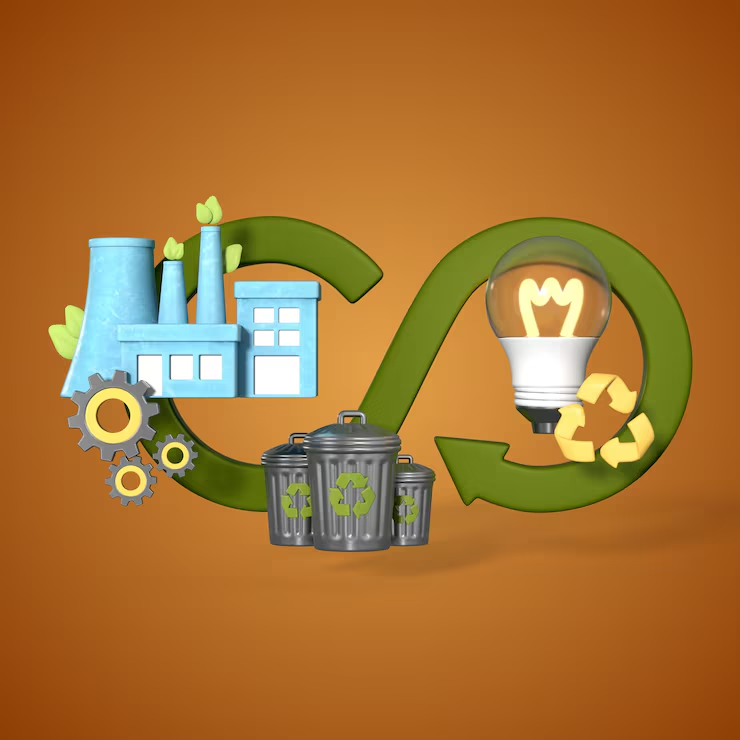
Utility bills often creep up due to invisible waste. Swap to LED bulbs, unplug idle devices, and collect rainwater for outdoor plants. Adding faucet aerators and using cold water cycles for laundry can save hundreds annually. These habits are classic zero waste budgeting tips for sustainable homes, lowering both your environmental and financial footprint without sacrificing comfort.
10. Buy in Bulk and Organize a Reusable Pantry
Bulk shopping for staples like oats, beans, rice, or pasta cuts cost per pound and reduces excess packaging. Store these in labeled glass jars or metal tins to prevent spoilage and create an Instagram-worthy pantry. Avoiding constant small trips to the store also reduces fuel use and impulse purchases. Every bulk bag is a quiet win for zero waste budgeting tips for sustainable homes because it supports both planning and sustainability.
11. Start a Small Home Garden or Herb Station

Even if you don’t have a backyard, a few potted herbs or microgreens in your kitchen can save money on produce. Grow easy starters like basil, mint, or cherry tomatoes. Over time, this small step evolves into a more sustainable kitchen that produces fresh, package-free food. Gardening doubles as a mental health boost and reinforces zero waste budgeting tips for sustainable homes in a tangible, delicious way.
12. Join or Create a Local Swap and Share Network
Tap into your community’s circular economy by exchanging items instead of buying new. Apps and Facebook groups for tool lending, toy swaps, or clothing exchanges make this effortless. The more you share, the more money and landfill space you save. These networks perfectly reflect zero waste budgeting tips for sustainable homes because they keep resources in use longer while building local connections.
13. Gift Experiences or Practical Reusables Instead of Stuff

When birthdays or holidays roll around, skip the clutter. Offer experience gifts like cooking classes, local tours, or digital subscriptions, or choose reusable items like stainless coffee cups or beeswax wraps. Not only does this prevent waste, but it also saves on last-minute, overpriced gift runs. This is a people-friendly spin on zero waste budgeting tips for sustainable homes, and your gifts feel more thoughtful
14. Weatherproof and Insulate for Seasonal Savings
Heating and cooling are big household expenses. Simple steps like draft stoppers, window insulation kits, and layered curtains reduce heat loss and energy bills. Over time, this “waste prevention” method embodies zero waste budgeting tips for sustainable homes by protecting both your finances and the environment.
15. Create a Zero-Waste Command Center at Home

Finally, keep everything organized. Have a designated spot for reusable bags, water bottles, lunch boxes, and bulk containers. When everything is visible and accessible, sustainable habits stick naturally. This final touch ensures zero waste budgeting tips for sustainable homes become a part of daily life rather than an occasional effort.
Final Thoughts
Adopting these 15 smarter hacks makes your home a hub of both savings and sustainability. By combining practical steps with awareness of waste streams, you create lasting habits that reduce expenses and environmental impact. Using zero waste budgeting tips for sustainable homes throughout your lifestyle is not just eco-conscious it’s financially empowering.
FAQ Section (SEO & Featured Snippets Ready)
1. What is zero waste budgeting?
Zero waste budgeting combines frugal living with eco-conscious choices to reduce both household expenses and landfill waste. It focuses on buying less, choosing reusable items, and finding sustainable alternatives to single-use products.
2. How can zero waste save money at home?
Adopting zero waste habits saves money by reducing food waste, minimizing utility bills, and eliminating unnecessary purchases like disposable products. Small changes, such as bulk buying and composting, lead to big annual savings.
3. What are the easiest zero waste swaps to start with?
Start with reusable water bottles, cloth shopping bags, and refillable cleaning products. These swaps are low-cost, instantly reduce waste, and are core to zero waste budgeting tips for sustainable homes.








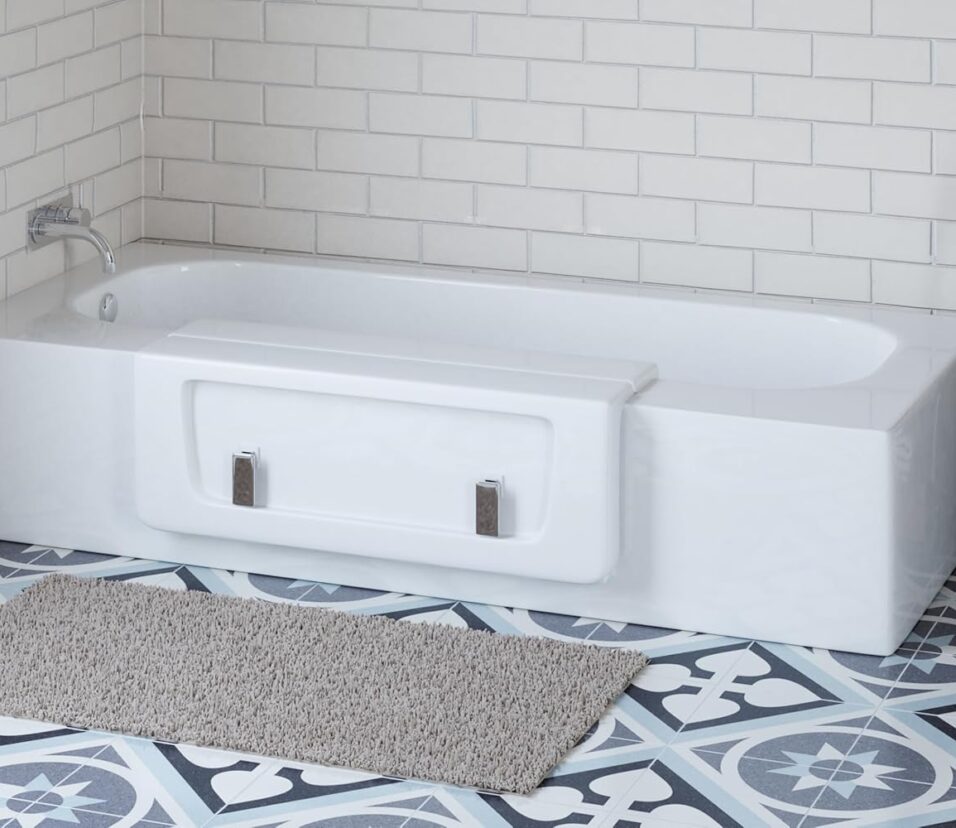
Leave feedback about this